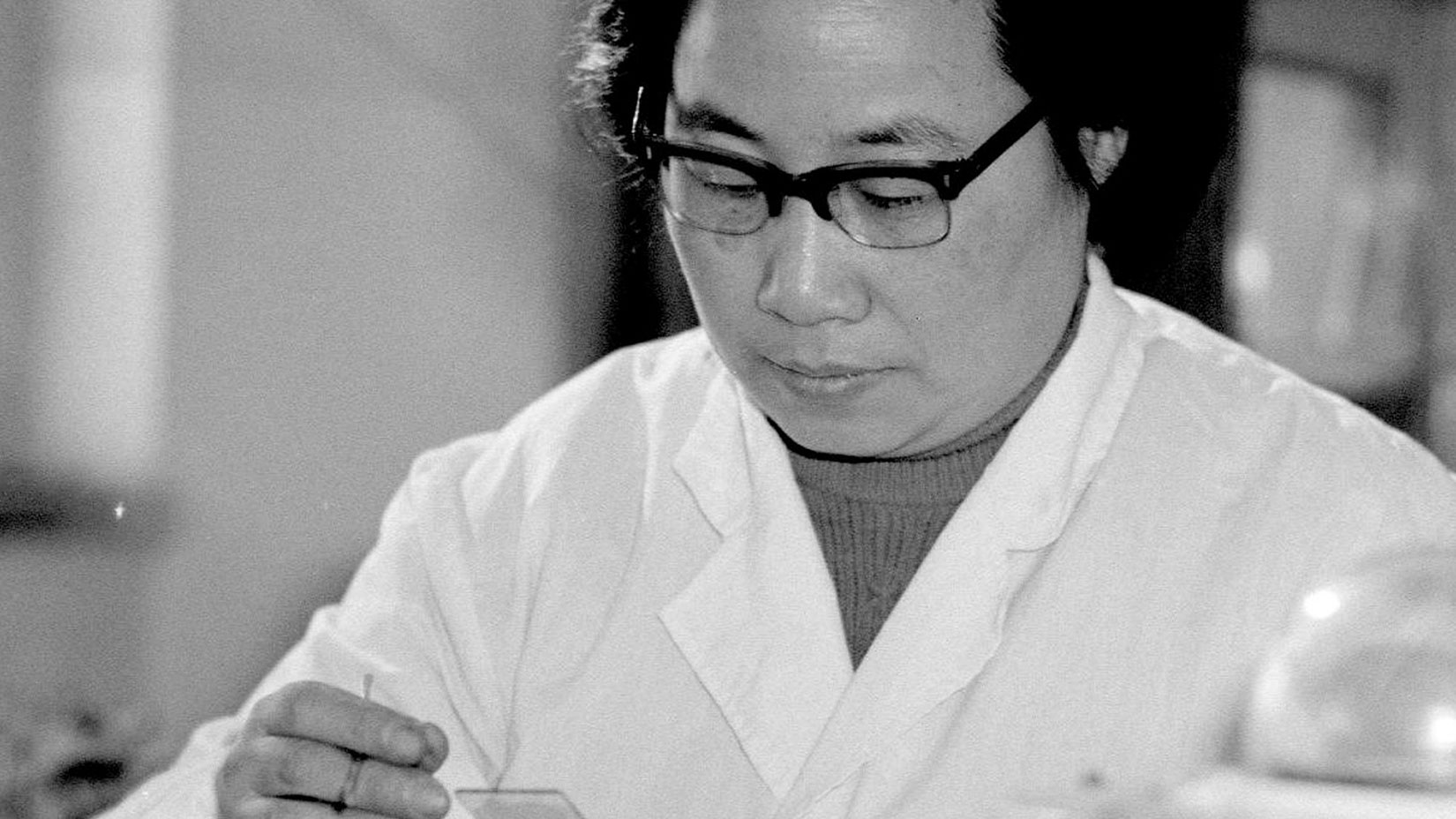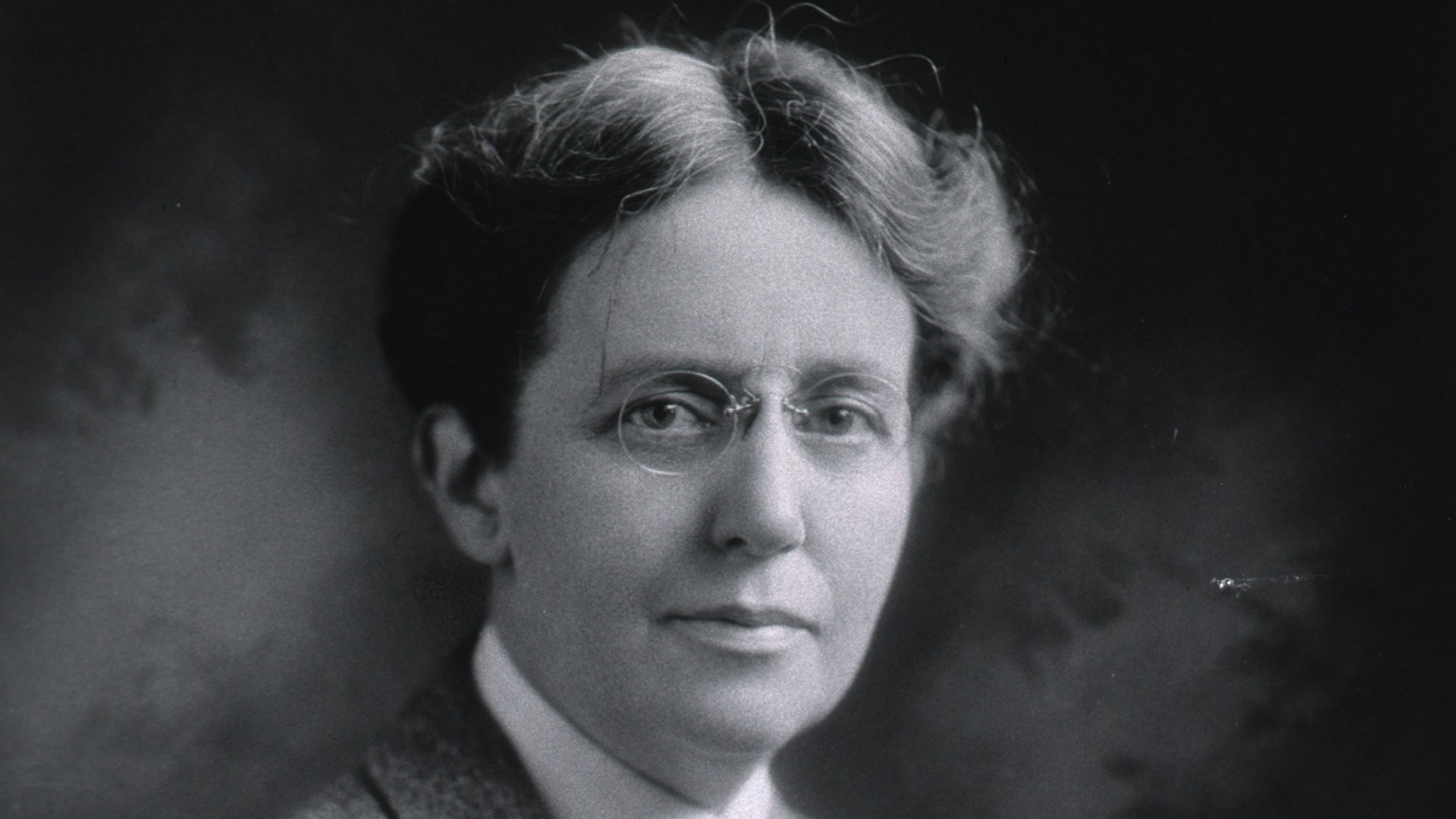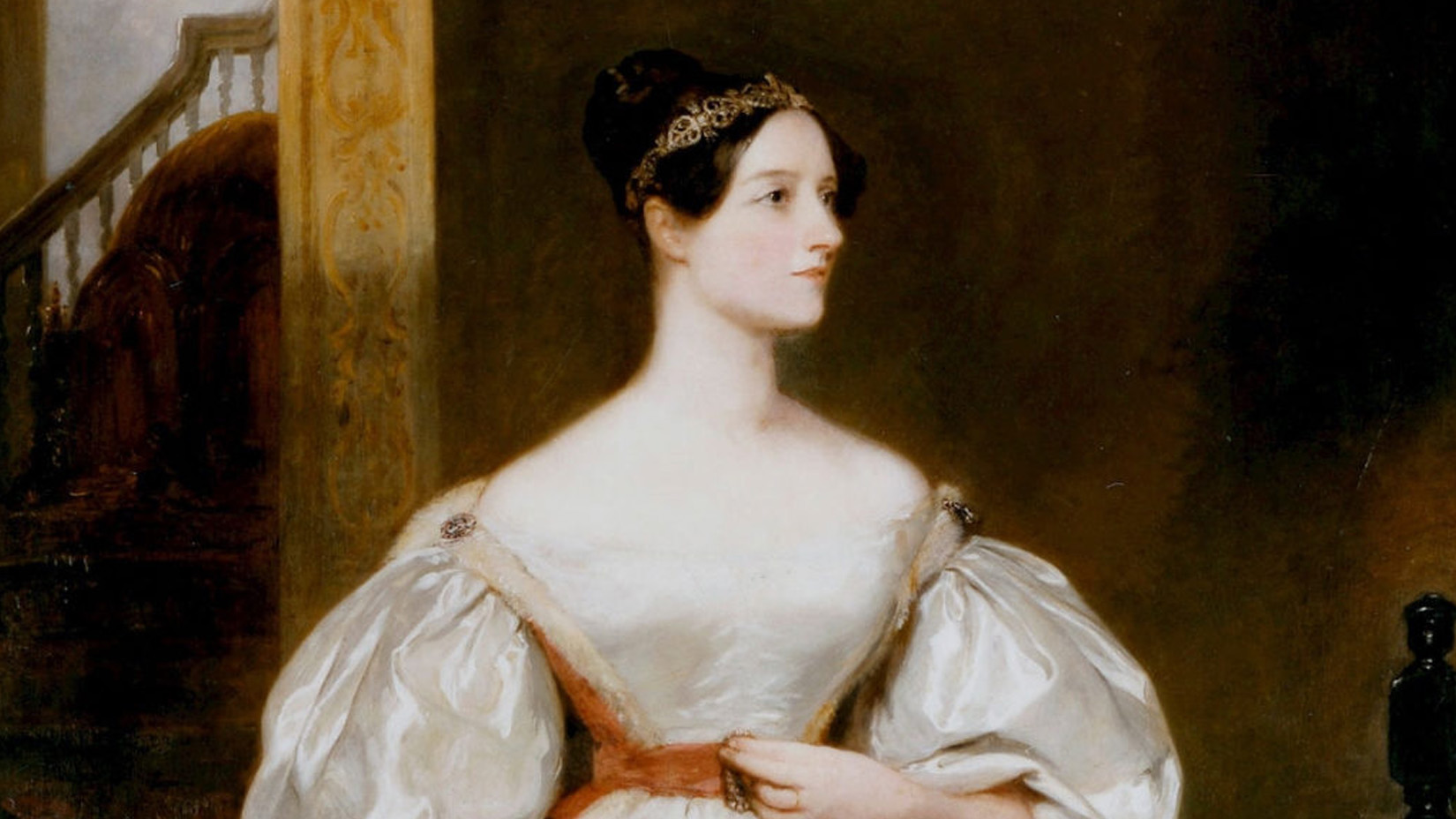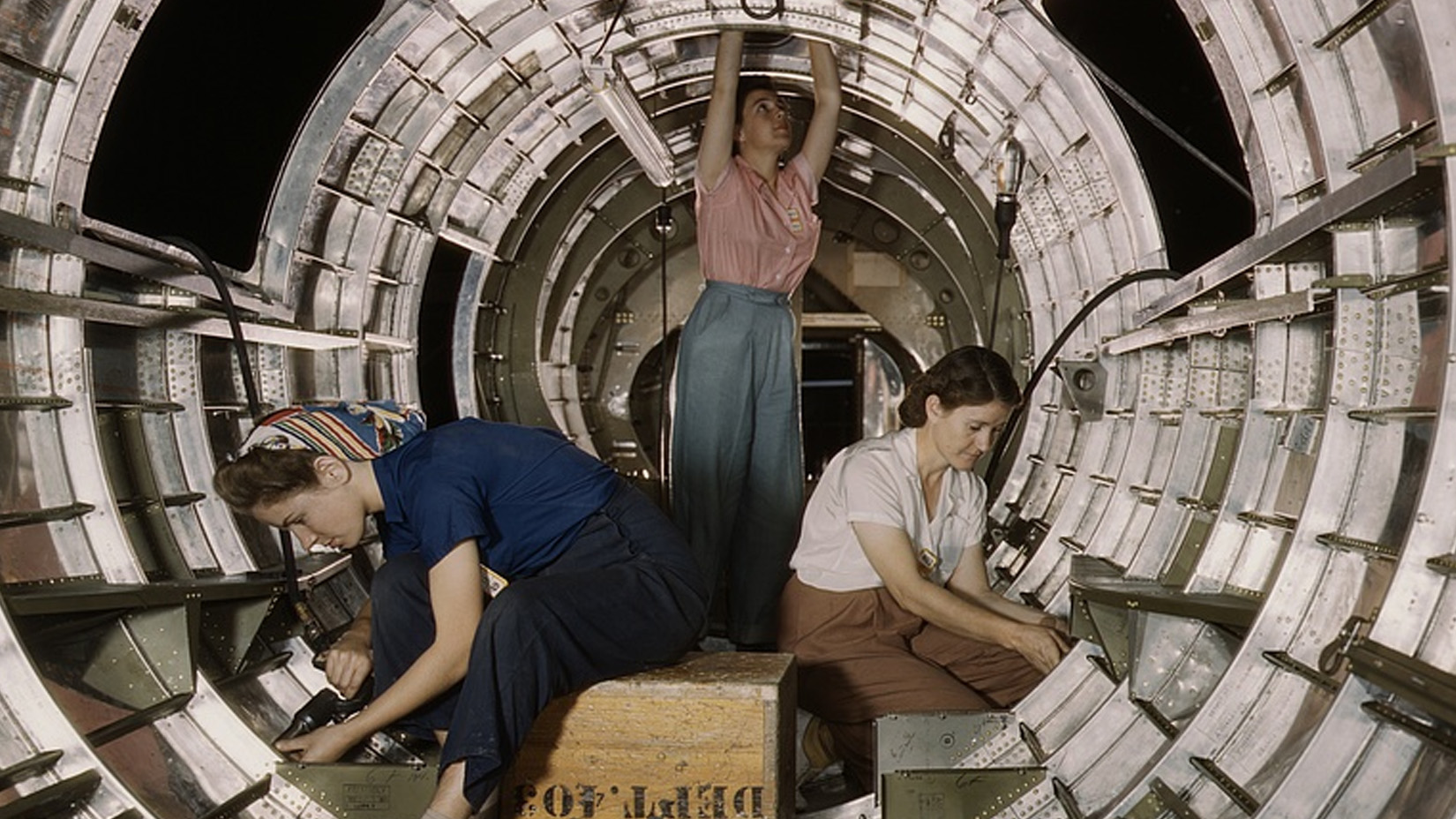Highlighting Women in STEM

March is a month dedicated to celebrating the incredible achievements and contributions of women throughout history. This year, we’d like to turn the spotlight towards the remarkable women who have revolutionized the scientific landscape. Throughout history, women in science faced significant barriers, from limited access to education and funding to societal expectations that discouraged them from pursuing scientific careers. Despite these challenges, their passion and dedication propelled them to achieve remarkable feats.
From the groundbreaking discoveries of Marie Curie, the first woman to win a Nobel Prize (and the only person to win it in two different scientific fields), to the life-saving work of Dr. Dorothy Hodgkin, who developed X-ray crystallography to unlock the mysteries of penicillin and insulin, women have been instrumental in shaping our understanding of the world around us.
While these scientists were influential in advancing their fields and championing the fair treatment of women in science, as of 2021 the NSF reports that women only make up 35% of the workforce in STEM fields. Lack of female role models has been cited as one of the causes of the gender gap, so we’d like to share some resources to help you learn about some remarkable female scientists in hopes that it will inspire women of all ages to pursue their love of science and technology.

Tu Youyou
The Nobel laureate whose malaria research led to the survival and improved health of millions of people

Dr. Sara Josephine Baker
A pioneering public health professional who changed the course of medical history

Celebrating Women’s Equality
11 Female Scientists whose research changed the world

Landmark events in the laboratory
Dating all the way back to year 355, explore the influential contributions women have made to science

Library of Congress: Inside Adams
A collection of blogs about women in science, technology, and business
By acknowledging the contributions of women in science, we not only celebrate their past achievements, but also pave the way for a future where all individuals, regardless of gender, have the opportunity to contribute to scientific progress and create a brighter future for all.